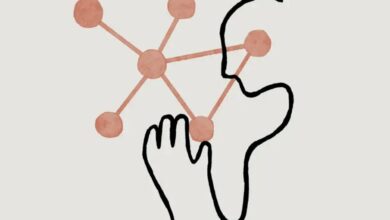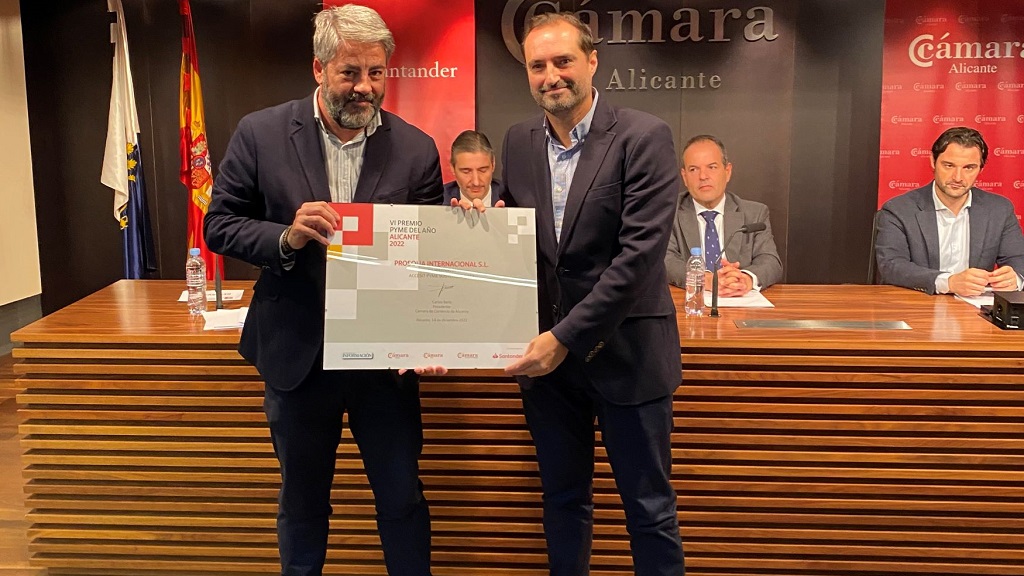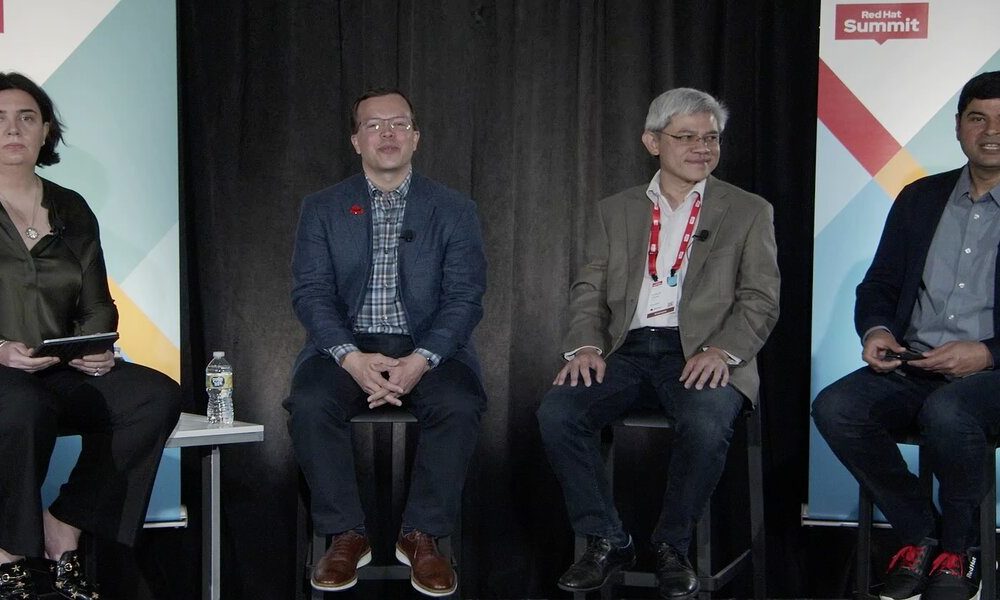
The United States embarked on a very ambitious project after the last semiconductor crisis, and counted on Intel to carry out a plan that would allow it to reduce dependence on foreign countries to obtain that “technological gold”
One of the most important pillars of the project was known as the CHIPS Law, which, in summary, includes the concession of around $52.00 million in grants to build semiconductor manufacturing plants on US soil. So far so good, and the truth is that we must remember that these subsidies are perfectly understandable, since building a chip manufacturing plant not only requires a huge investment, but also generates wealth and employment.
With that in mind, it is clear that giving subsidies to create semiconductor manufacturing plants is something that is not only in the interest of the recipient, but also the one that grants them, but it seems that the United States does not finish agreeing on the approval of the CHIPS Actand for this reason Intel has decided to suspend the groundbreaking ceremony for the factory that the chip giant plans to build in Ohio.
The ceremony was scheduled for July 22. Since we’re still in June, I think it’s pretty clear that Intel has decided take a cautious stance and give enough leeway to the US Congress so you can reach an agreement that will ultimately lead to the passage of the CHIPs Act. If this does not come to fruition, which would seem to me to be a serious mistake on the part of the United States, since semiconductors are the “engine” of the modern world, the chip giant could focus its expansion efforts on the eurozone, where it has already announced an investment of 33,000 million euros.
Pat Gelsinger has been key in Intel’s decision to continue betting on the manufacture of its own chips, a strategy that will be complemented by the outsourcing of certain products that, as we have seen on previous occasions, will be “cooked” in TSMC factories . This approach seems to me to be a success, as I already commented in this article a few months ago, since it allows Intel to maximize the production of those semiconductors that need it due to high demand, and gives it a greater flexibility and responsiveness.
(Klonopin)



